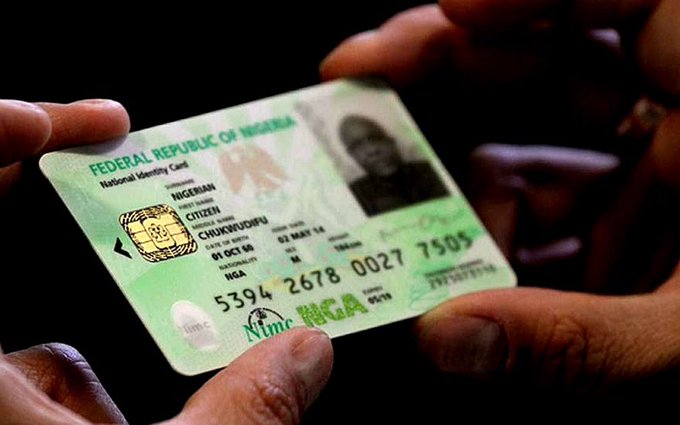Aims to boost financial discipline and inclusion Nigerian government to link credit scores to NIN
Summary
- CREDICORP to anchor citizens’ credit profiles to NIN for unified national credit system
- Loan defaulters may face restrictions on government services like passport renewal
- YouthCred targets young Nigerians and NYSC members to promote credit access and responsibility
Abuja, Nigeria — The Federal Government of Nigeria, through the Nigerian Consumer Credit Corporation (CREDICORP), has announced plans to link individuals’ credit scores to their National Identification Number (NIN) in a bid to establish a centralized and transparent national credit system.
The move aims to enhance financial inclusion, enforce loan repayment discipline, and widen access to credit, especially among underserved groups.
Under this system, the NIN will act as the anchor for citizens’ credit profiles, enabling real-time tracking of borrowing and repayment behavior across banks, fintechs, and microfinance institutions.
The initiative will consolidate all loan data into a central credit bureau, allowing lenders to make informed decisions and encouraging borrowers to maintain a clean credit record.
To encourage timely repayment, the government has introduced “subtle and structured” deterrents for loan defaulters, including possible restrictions on access to essential services such as renewing passports, obtaining driver’s licenses, or securing housing.
As part of efforts to deepen access to credit among young Nigerians, CREDICORP is rolling out the YouthCred programme, targeting National Youth Service Corps (NYSC) members and citizens aged 18 to 35. The programme aims to instill financial discipline while offering early access to credit.
Since receiving its initial seed funding, CREDICORP has partnered with 23 financial institutions and disbursed loans to over 100,000 Nigerians, including 35,000 civil servants, within just six months.
However, critics have raised concerns over the fairness of enforcement, especially in a challenging economic climate marked by 22.97% inflation and 5.3% unemployment as of May 2025. There are also worries that while everyday citizens may face penalties, powerful defaulters could escape repercussions.
Despite these concerns, the government insists the policy is essential to close Nigeria’s estimated N183 trillion credit gap and empower the 28.8 million adults currently excluded from traditional lending systems.
The rollout is already underway, with authorities urging Nigerians to embrace a culture of credit responsibility.







